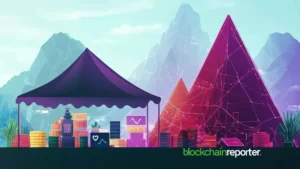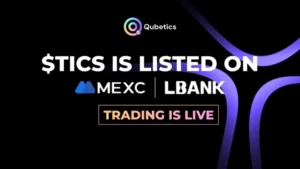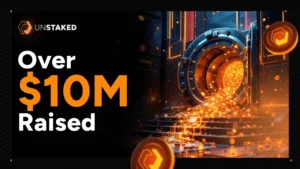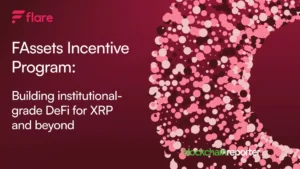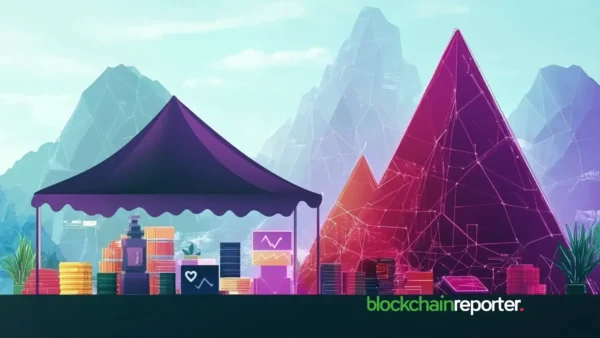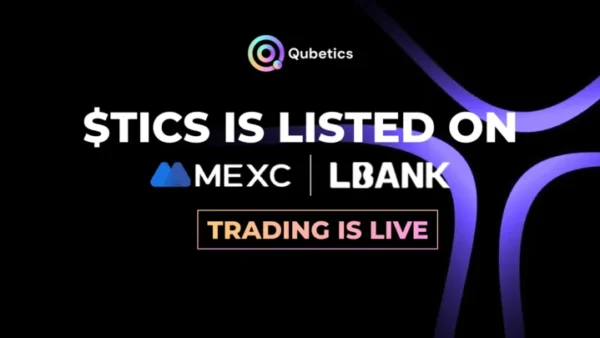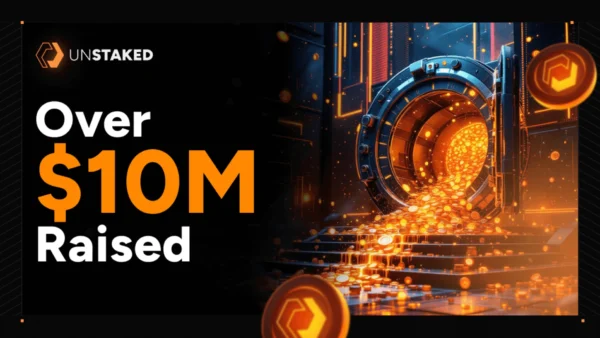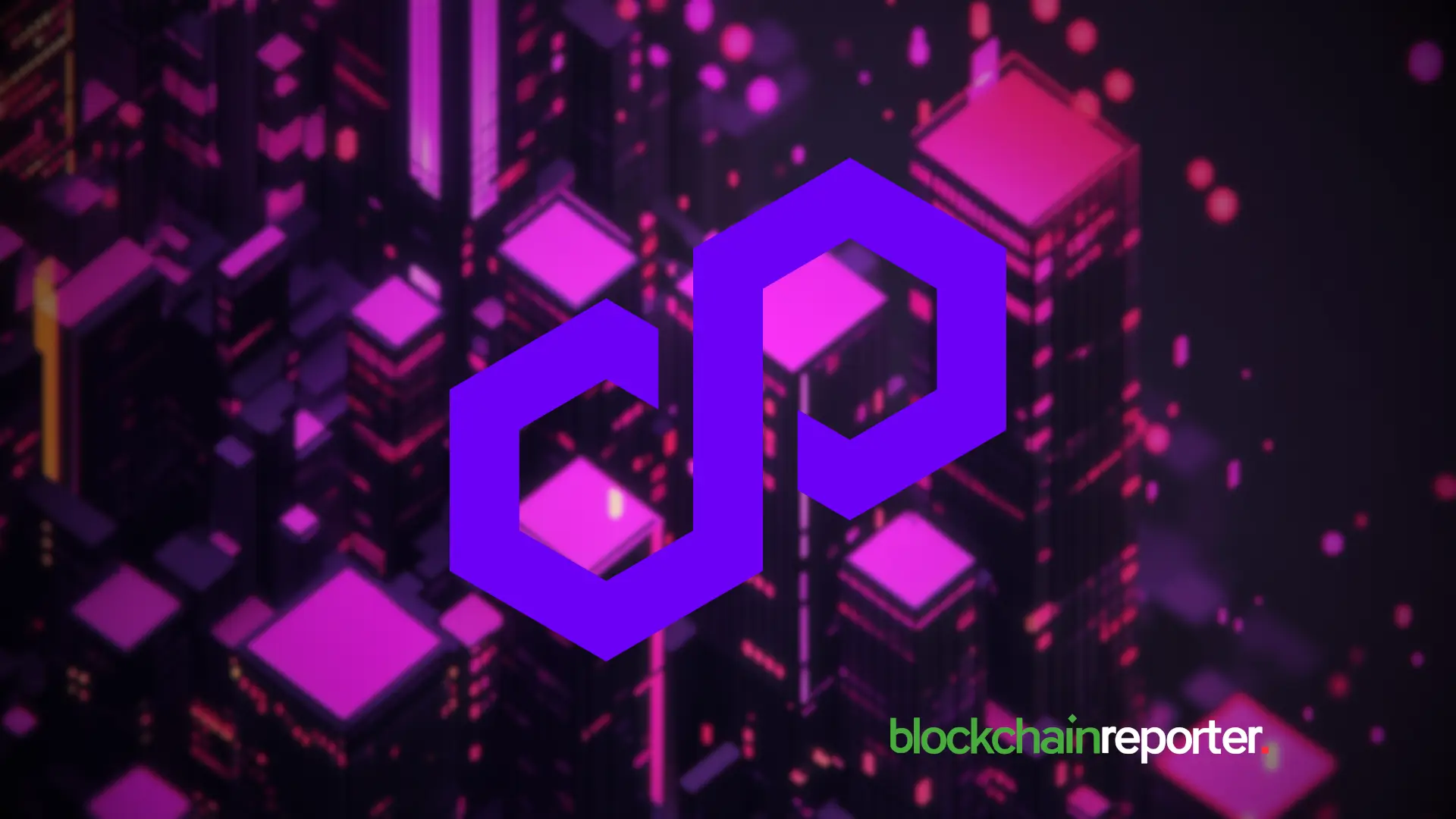
Recently, Game Space, which is the first GameFi as a Service platform in the market, joined Polygon and revealed the commencement of an NFT airdrop activity for one billion Steam users. Every Steam user has the opportunity to obtain an exclusive Game Space badge, the level of which varies depending on when the user registered, and the badge itself cannot be resold. In addition to this, Game Space announced that it now allows for the depositing and withdrawing of NFT assets on Polygon.
This indicates that Polygon will join Ethereum and BNB Chain as Game Space’s supported blockchain networks in the near future. Through the use of the Game Space Software Development Kit (SDK), game developers are able to construct GameFi applications in a time- and resource-efficient manner as well as implement NFT smart contracts on Polygon. According to Polygon, a shockingly significant number of Web2 and Web3 businesses have indicated that they will be launching projects on Polygon this year. Some of these businesses include Meta and eBay, amongst others.
According to the official announcement from Polygon:
“We are delighted that Game Space has chosen to integrate with our ecosystem and are even more excited about the opportunities for game developers to enter Polygon through the Game Space SDK.”
Attracting One Billion Gamers To The Web3 World
Furthermore, Game Space explained that the objective of the airdrop event is to recompense the interest and engagement of gamers on Steam, as well as to integrate the data of game players both on-chain and off-chain, with the goal of Game Space becoming the primary destination for one billion gamers to reach the Web3 realm. Users can start receiving rewards by simply downloading the Game Space wallet APP, logging into it, and associating it with their Steam account on the webpage.
The moment at which individuals registered their accounts and the amount of time they had previously spent playing games are the most crucial reference elements for this airdrop. At the moment, the Game Space Wallet application may be found on the international versions of the App Store and Google Play; users can also install it directly from the official Game Space website as an APK file.
Steven, the CTO of Game Space, stated that by utilizing the multi-chain module of the Game Space SDK, developers are able to overcome chain selection anxiety and launch games on numerous public chains at the same time. Some examples of these chains include the ETH-1 area, the BSC-2 area, and the Polygon-3 zone. In addition, the source code for Polygon zkEVM was just made available to the public, and Game Space is going to take part in the forthcoming public testnet for Polygon zkEVM. Through Game Space’s SDK, game producers and developers will one day be able to deploy GameFi apps on Polygon zkEVM in a highly efficient manner.
Promoting The Web3 Gaming Culture
The amount of time a user spends registering their Steam account is, in the opinion of Game Space, the single most essential criterion for Steam players. Real Steam users are the intended recipients of the AirDrop awards; the end goal is for Web2 gamers to enter the Web3 realm and play GameFi games. Game Space’s goal is to integrate Steam with its GaaS platform and become the gateway for one billion Web2 players to transition into the Web3 space. Gamers can freely move between games on numerous platforms, bringing the barrier-free Web3 universe to every regular gamer.
In addition to this, Game Space is able to assist any gaming company in providing a comprehensive assortment of technological and business model support, such as AirDrop marketing for conventional gamers. The Game Space SDK enables game manufacturers’ applications or APPs to incorporate the same blockchain functionality as StepN in as little as seven days, incorporating embedded NFT Marketplace, Mystery boxes, Auctions, Multi-chain deployment, AirDrops, and other major market dissemination features.

